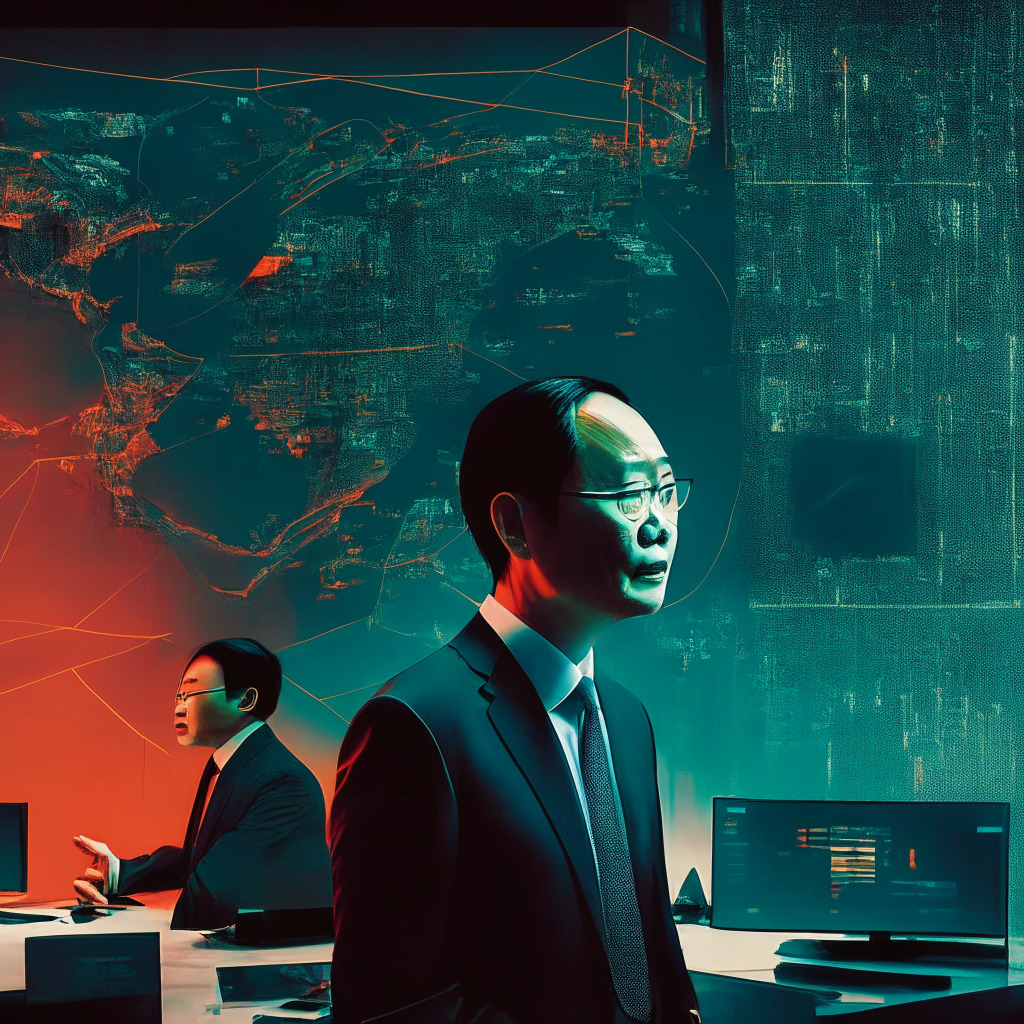The transformative potential of artificial intelligence (AI) within various industries is hard to overstate. In particular, AI’s impact on supply chains and logistics has drawn considerable attention in recent times. Companies are increasingly leveraging AI solutions to boost efficiency and confront the complexities endemic to the transportation of commodities from source to consumer.
Gartner’s 2021 report Gartner recently highlighted that 50% of supply chain enterprises plan to invest in AI and analytics applications over the next three years, advocating the technology’s benefits. This surge in demand for AI within supply chains can be traced back to the COVID-19 pandemic, when conventional supply chain models faltered under the strain of global health crisis-induced disruptions.
AI predictive analytics has proven particularly helpful in demand forecasting, enabling supply chain and logistics organizations to balance supply and consumer demand effectively, while simultaneously minimizing stockouts, optimizing inventory, and reducing excess inventory. As a result, businesses can enjoy better inventory management, significant cost savings, and improved customer satisfaction.
The role of AI in warehouse automation has burgeoned, with autonomous mobile robots now popular tools in many supply chain warehouses. Equipped with AI and cutting-edge technology such as machine learning and computer vision, they efficiently perform a variety of tasks and adapt to changing requirements – augmenting human productivity for improved efficiency.
AI’s role doesn’t stop there. AI-enabled sensors and analytic tools revolutionized quality control in supply chains and logistics, enabling real-time product quality monitoring and defect detection. Also, these firms can streamline procurement processes using AI, saving time and effort spent on tasks like invoice processing or creating purchase orders.
While improving efficiency and reducing operational costs, AI tools also enhance the customer experience. Real-time order tracking, automated customer service through natural language processing (NLP)-based AI solutions are just a couple of examples of how AI can transform customer service operations.
In transportation management, AI solutions analyze data and detect patterns to determine optimal transportation routes. Industry forecasts suggest that AI-powered autonomous trucks will become prevalent in the near future, taking into account a shortage of skilled truck drivers and escalating demand for freight transportation.
Despite these potential benefits, the mass deployment of AI in supply chains and logistics faces several hurdles. High expectations, rigidity of existing systems, and, importantly, the need for strict safety standards are some of the issues at hand. The presence of AI technology in supply chains and logistics promises improved efficiency and responsiveness while reducing waste. Nevertheless, the trajectory of this deployment and its long-term implications remain to be seen.
Source: Cointelegraph




